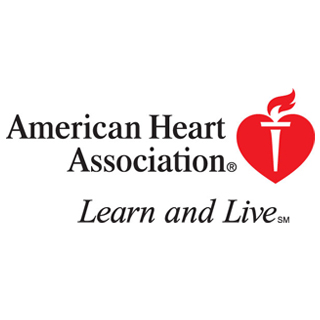
The phone calls were made along with website and email support but the coaches did not meet the subjects in the process. Moreover, primary care physicians had a supportive role to play and were a part of the analysis. The trial known as the Practice-based Opportunities for Weight Reduction (POWER) was inclusive of nearly 415 obese patients from 6 primary care practices in Baltimore.
The participants also suffered from high blood pressure, high cholesterol or diabetes. Over the 24 month study, the team planned to shed a minimum 5% of initial weight in the first 6 months and sustain it throughout the study period.
“Programs delivered by telephone with website back-up could be the wave of the future in addressing a variety of heart disease risk factors or managing chronic conditions,†quoted Lawrence J. Appel, M.D., M.P.H., lead researcher and professor of medicine, epidemiology and international health at the Johns Hopkins Medical Institutions in Baltimore, Md.
After the planned 6 months, about 14% of those in the self-directed group who were given data and an assortment of weight loss websites reportedly attained 5 percent or greater weight loss. This group was not exposed to counseling though. Nearly 53% of individuals in the call-center directed group who spoke on the phone with health trainers and interacted on websites seemingly achieved the same.
Almost 46% of the in-person directed group who underwent personal counseling along with phone calls and websites reached the goal of 5% or more weight loss, as reported. The team was surprised that weight loss looked achievable through phone calls just as personal counseling.
The findings are published in the journal, New England Journal of Medicine.
